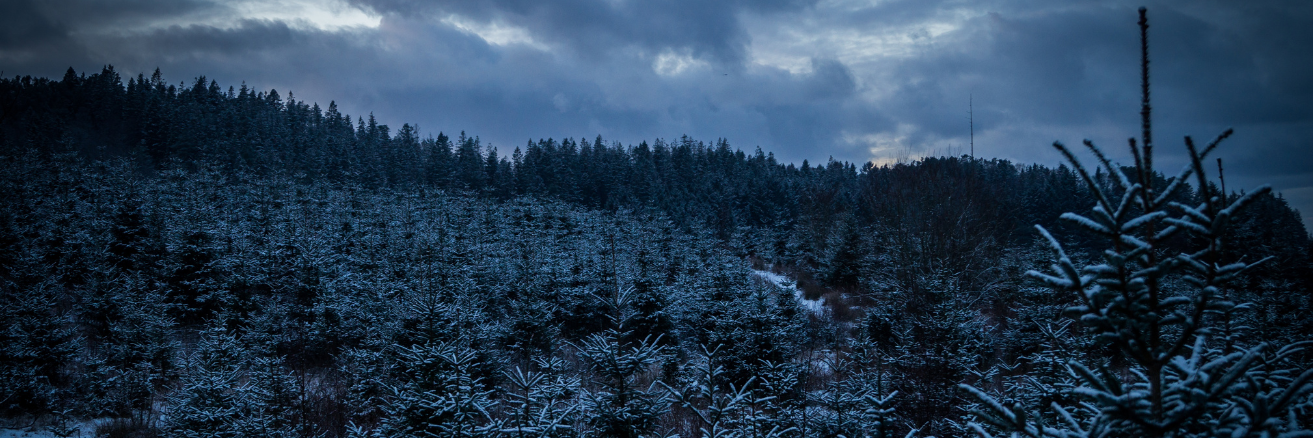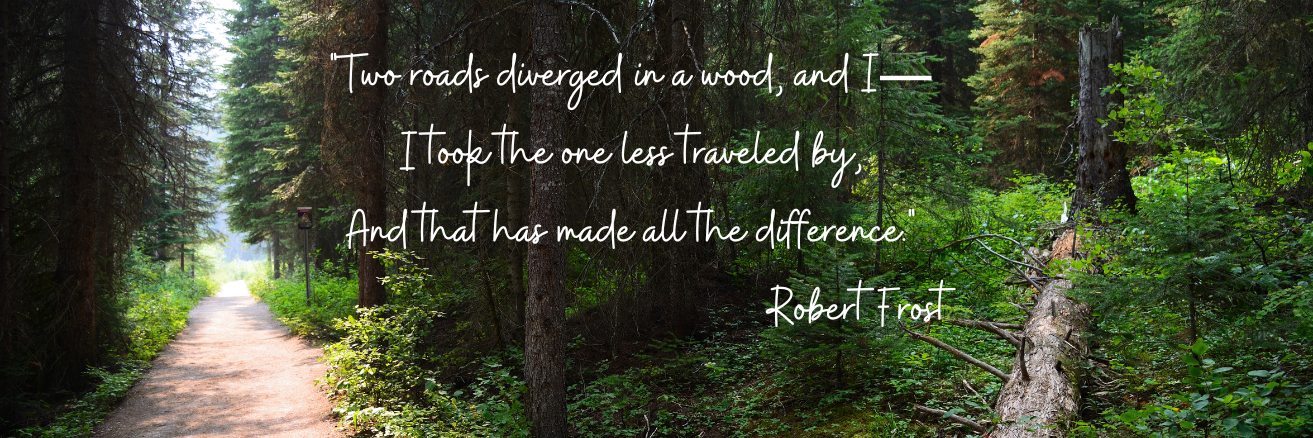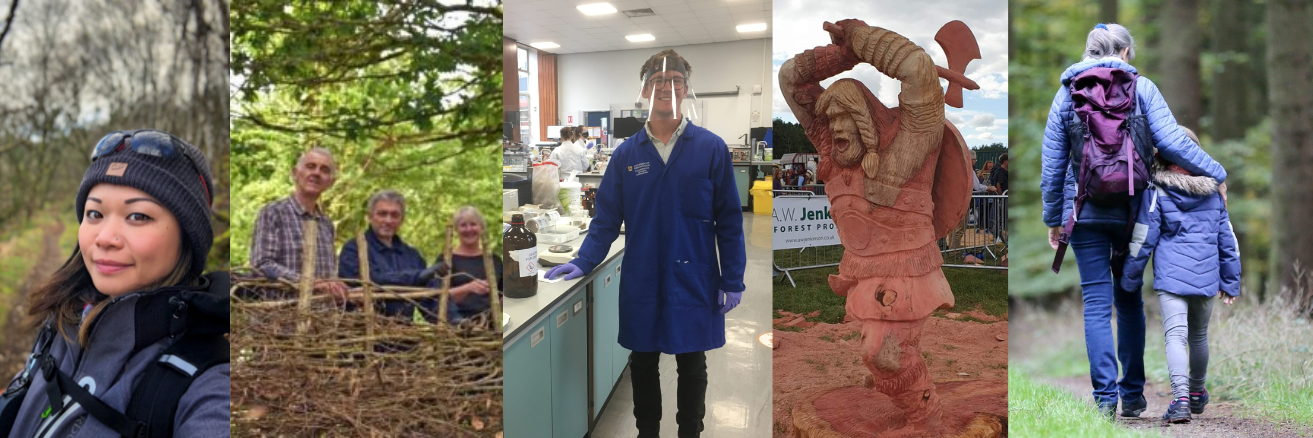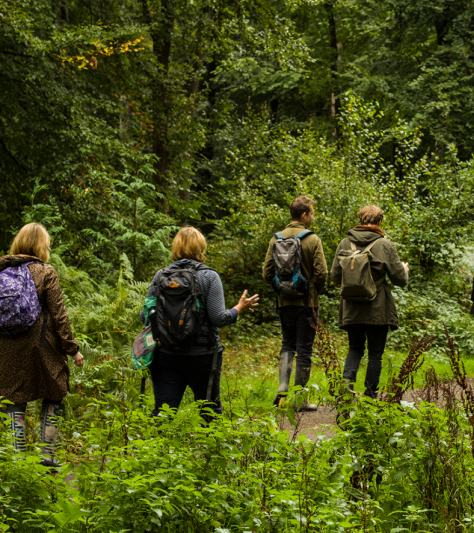Careers Advice: Embrace the Mess
Stressed by exams and big life choices? Does it feel like things have gone wrong & life feels messy? Elle McAllister explains why that might be exactly what you need.
Mid-August is a time of tension for so many young people (and their parents, teachers, mentors, and everyone else in an arm’s reach)! Everyone has been working so hard to get the best start they can for their next steps that it is all-encompassing. But life happens, and sometimes things can feel as if they have gone off track.
You might feel that you didn’t quite study enough; maybe you just had a *really* bad day. Maybe come results day you didn’t *quite* get that grade. Or perhaps, despite doing just fine it hasn’t answered that relentless question of what to do next. Before you run, hide, and live in the woods as a glorified Bigfoot, we’re here to give you a little hope, and it’s this:
Sometimes a mess is better than the clear path.

“In 1763… a man named Johann Gottlieb Beckmann assembled a team of workers… The men formed a line and walked slowly through some wild forest, keeping abreast of one another as they surveyed their surroundings as though looking for a lost set of keys or the body of a murder victim.
The men were trying to count and assess every tree they passed. Each tree was assigned a size of 1 to 5… [However] It’s difficult to count trees, or compare one tree to another as a potential source of wood, in a messy forest. Johann Gottlieb Beckmann was on a mission to tidy up.”*
This is what we tend to try and do with our lives. When we know what to do to get the grade, know what grades are needed, and the exact boxes to tick off, it feels so easy to move forwards through life. We’re taught to tidy up, to file our paperwork and schoolwork, to clean our rooms and give everything a space. Sometimes it can feel really good to have that fleeting moment where everything is going to plan, tidied away, and contrastingly we can feel muddled and anxious when life feels like a mess.
“At first, the eighteenth-century scientific foresters limited themselves to trying to measure the forests… The volume of wood, above all, was the metric of interest. Before long, though, it wasn’t just forest maps and tables of timber yields that looked tidy. The mess of the old forests began to be tidied up too. The confusing patchwork of trees of various ages and species was replaced with stands of a particular species – the Norway spruce was popular – and of a particular age. The foresters lined up the rows to make the forests easier to survey, to police and in due course to harvest. Dead trees were felled, rotting hulks dragged away, underbrush cleared.”*
Sounds sensible right? In life too, we clear away the mess, we prioritise, we focus on whatever picture of our future we have pieced together. We make the big choices and stick to them, letting everything else fall away because we have been taught that success depends on determination and decisiveness. When things are tidy we feel more comfortable and more stable; we understand things better because there’s less to think about, less variety, less complexity, and so it makes for easy choices, and easy results – dealing with one tree at a time…
Some of you might have started to spot a few issues with the forestry described above though.
“In 1968, Richard Plochman, a German forestry professor, called attention to forestry’s ugly secret. Two centuries after Johann Gottlieb Beckmann had been tidying up messy ancient woodlands into neat rows of Norwegian spruce, the German forests were dying.
… Yields were down by a quarter and the decline was continuing… The single-minded focus of German foresters on timber was backfiring.”*
The results were as follows:
- removing fallen logs and dead trees would result in the loss of almost a third of non-bird wildlife species
- it altered the ecology of the forest and exposed the trees to fungi and other invasive species
- the tidy forest, with each tree the same size and species, was easily exploited by parasites
- the spruce laid down an acidic humus, harder for the damaged ecosystem to decompose
- the soil compacted, the nutrients leached away, meaning newer trees grew shallow roots in malnourished soil
There is no doubt that the foresters who had a hand in this did so with the best of intentions; they were led by trying to do the best thing and get the best results. But by focusing on one specific result without properly understanding the richness of the context they were left with very little.

This might not sound like the best analogy, but bear with me. Forestry professionals learnt quickly that monoculture, regardless of how much easier to manage, was not a good idea for a healthy forest. We learnt that the mess of logs and twigs and discarded forest waste was vital for the ecosystem they created and the wildlife they supported. We are now all so much more aware that diversity is vital to have a thriving forest. Monocultures might seem easier but they lead us down a dull and fruitless path.
The RFS is aware that diversity helps us grow and get better at what we do. We have staff who did not start in forestry, but are able to bring something new to the mix because their path weaved through other industries and skills. In the same way, when you are trying to make decisions about what might be coming next *do not* make the mistake in thinking that the simplest path will be the best one for you.
If you were thinking of Geography but missed your first choice place, have you considered an apprenticeship or hands-on job where you can learn more about the environment you were hoping to study?
If you dreamed of being a vet but things didn’t work out, have you considered joining an organisation that works with wildlife, researching conservation, or working alongside animals in less well-known professions such as sustainable forestry?
There are so many paths, so many options, you might just never have heard of them. Pictured below you can see just a few examples of the roles in forestry, and they include skills that began in laboratories, art and craft, photography, journalism, teaching, research, and so much more…

If you actually do not know what you might one day become, take a breath and trust that it’s okay not to have all the answers. You might find that a passion you always considered a hobby might become a path into craft, or a need to be in nature leads you to positions that most schools don’t even know exist, or a desire to truly change the world bring you to a life of research, teaching, and exploring to help us avoid mistakes like foresters in 18th century Germany.
“The mess and diversity of the old German forests had to be painstakingly reconstructed… [and] It is too early to tell whether this artificially created mess will prove a successful replacement for the original. But what is perfectly clear is…
In nature, mess often indicates health – and not only in the forest.”*
The mess is a good thing: it suggests complexity and creativity and resilience. It allows for change to happen without all life ending. Similarly in life, allowing yourself interests in multiple areas, curiosity to learn regardless of the grade you might receive, and the creativity to use what you know in one area to help you in another, will often give you more interesting results – a more interesting life.
Here are two questions to ask yourself and solutions to grappling with them:
- What is your monoculture?
What has clouded out everything else and how can you stretch your comfort zone around it a little? Expand your horizons: do something different that could help you reimagine your path, your options, and bring a little imagination into the process. - What does your mess contain?
What brings you joy even if it doesn’t provide you an easy path? Think about the skills you have that you might not have given much credit before, but could be combined with others, explored and might give you a new perspective or set of options.
So if you’re brain is scrambled, if you’re struggling, feeling lost in a sea of pressure, maybe lean into the mess, broaden your perspective, and see what comes out of it. It could be so much better than you imagined!
*Extracts taken from “Messy: How To Be Creative and Resilient in a Tidy-Minded World” by Tim Harford.

